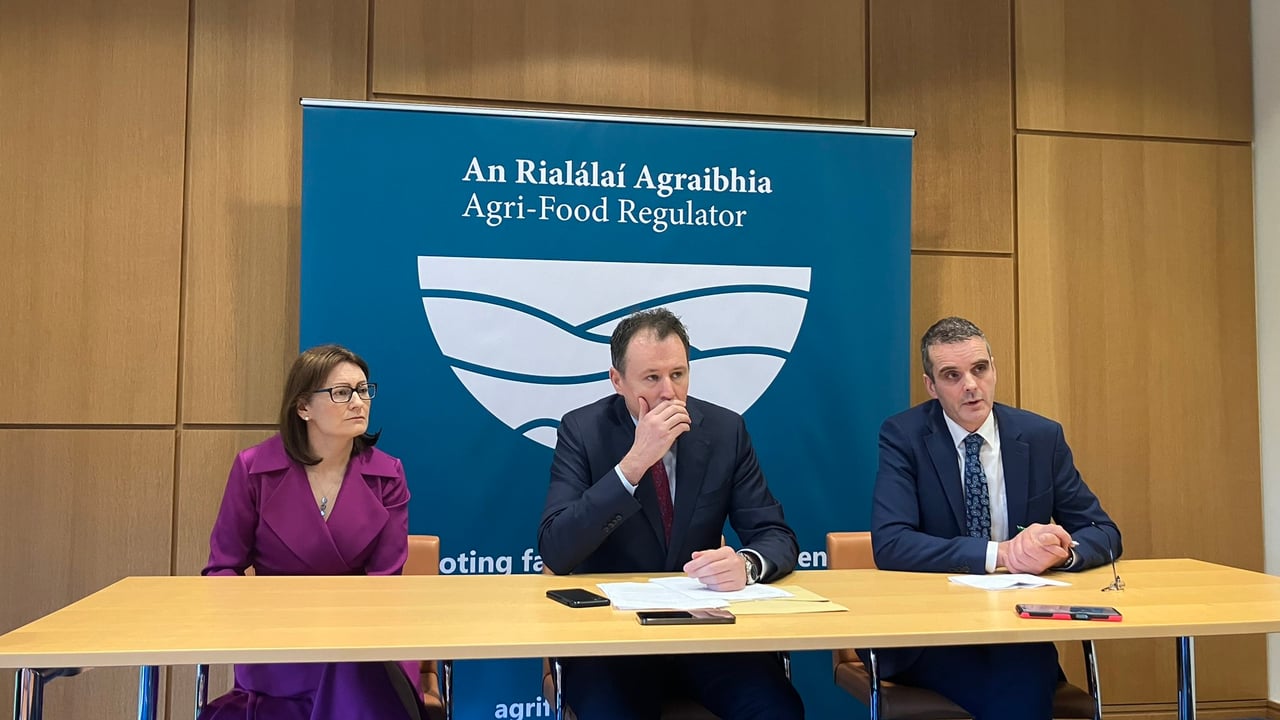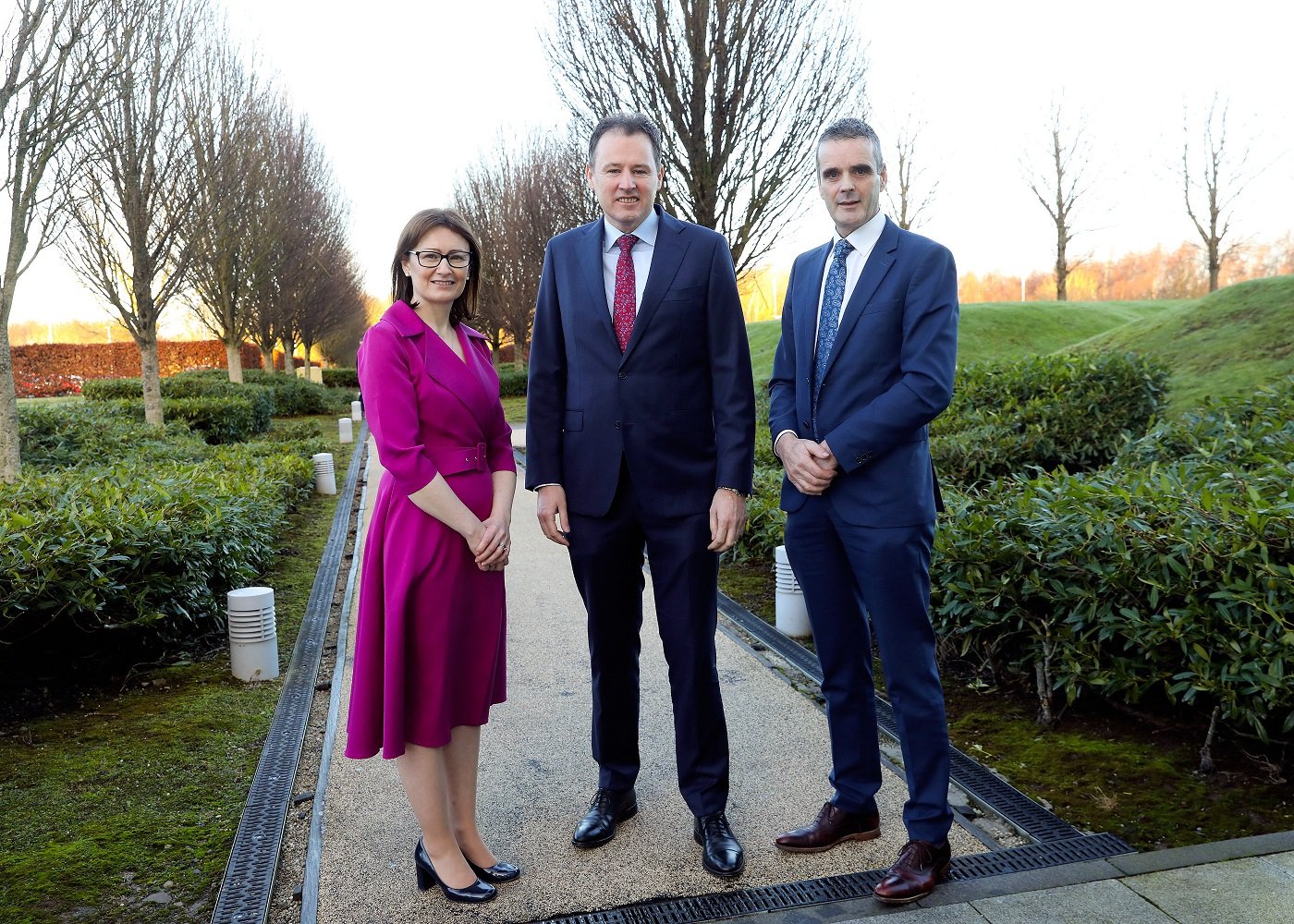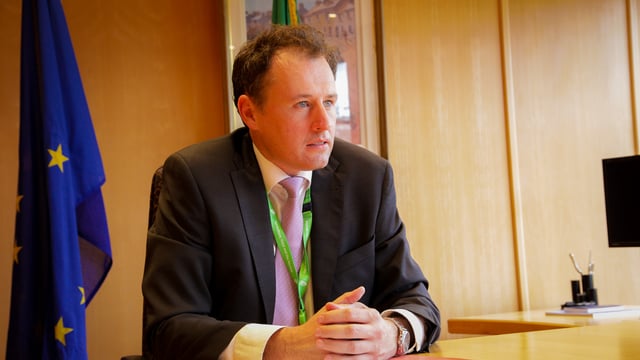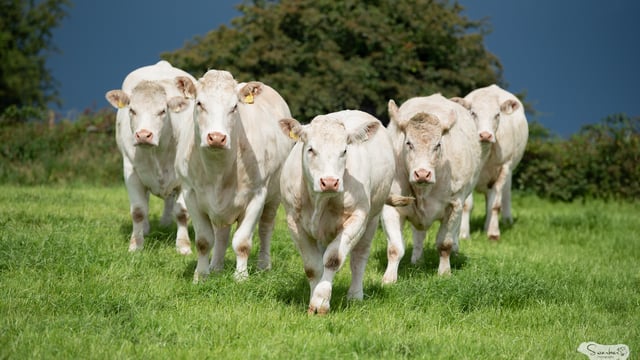Agri-Food Regulator officially launched by DAFM
The Agri-Food Regulator or An Rialálaí Agraibhia has been formally established today (Wednesday, December 13) by the Minister for Agriculture, Food and the Marine, Charlie McConalogue.
The minister addressed the board at the inaugural meeting at the new location for the food regulator in the Backweston Campus in Co. Kildare.
The Agri-Food Regulator comes under the Agricultural and Food Supply Chain Act 2023, and has been given €2.5 million of funding.
Its main aim is to ensure fairness and transparency in the food chain, according to the Department of Agriculture, Food and the Marine (DAFM).
It allows for price and market analysis functions and will become the state’s “enforcement authority” for implementing rules on unfair trading practices, according to DAFM.
Newly appointed chief executive officer (CEO), Niamh Lenehan said that the work of the regulator does not extend to changing consumer prices, but will work with “business-to-business relationships” in the agricultural and food supply chain.
Lenehan confirmed that the regulator will be able to make enforcements on specific unfair trading practices.
She added that it "shines a light on the food supply chain so that everyone better understands it better".
If unfair trading practices are highlighted by the board, then the CEO said that there is an "onus" to investigate sensitive information.
At the launch, Minister McConalogue told Agriland:
"Obviously we're quite unique in terms of where our food goes as a country. 90% of it goes abroad. We work hard to ensure that the great produce that comes off our farms is recognised.
"What we want to do is through this office, ensure that there's transparency in the supply chain, back from the price that we get internationally at those markets to the price that farmers and producers get at farm gate".
The newly appointed chair of the board, Joe Healy said that there are primary producers on the board, and it will continue to engage with farm organisations on what farmers need.
The board currently has nine members of staff, with recruitment ongoing.






